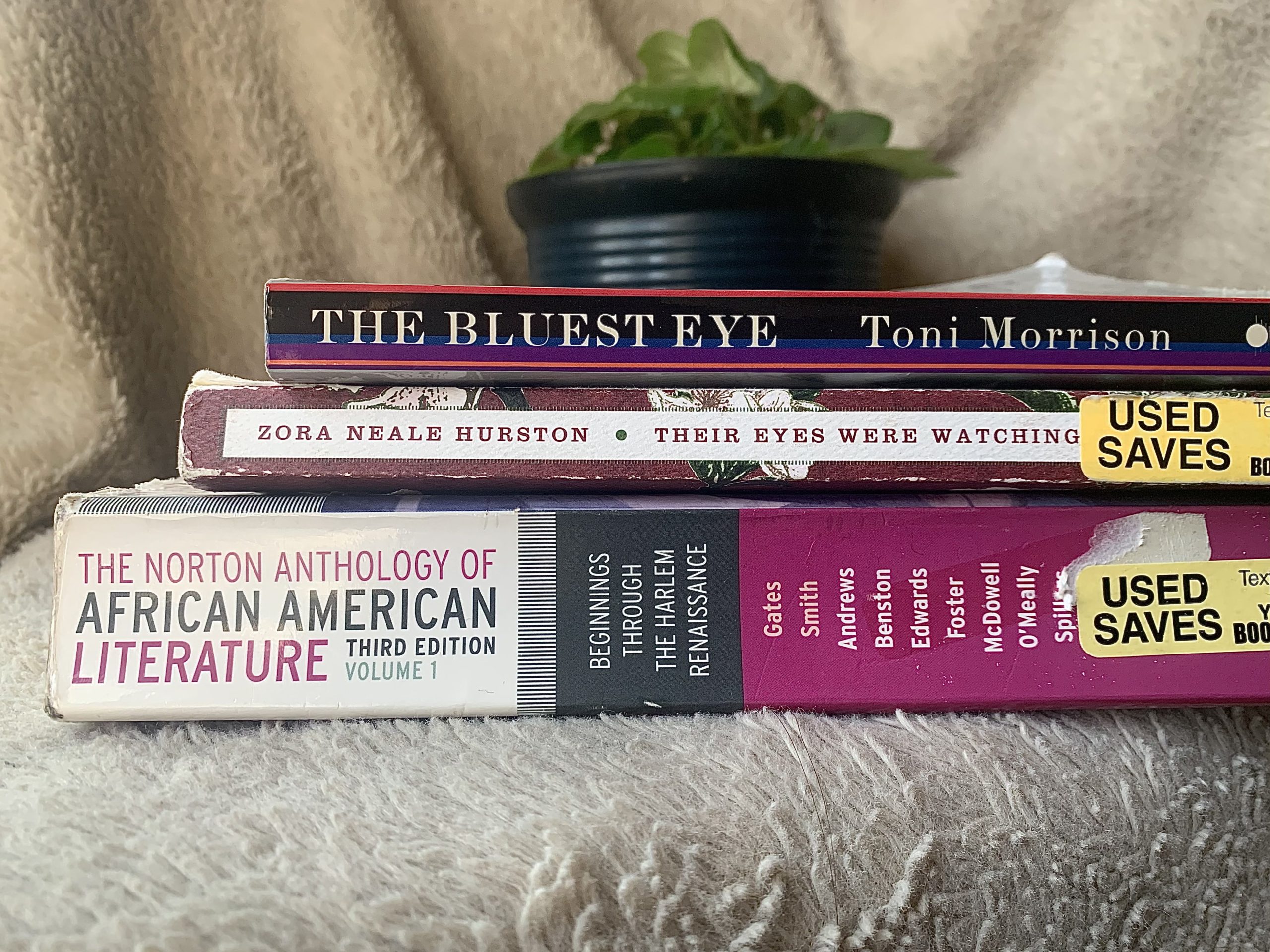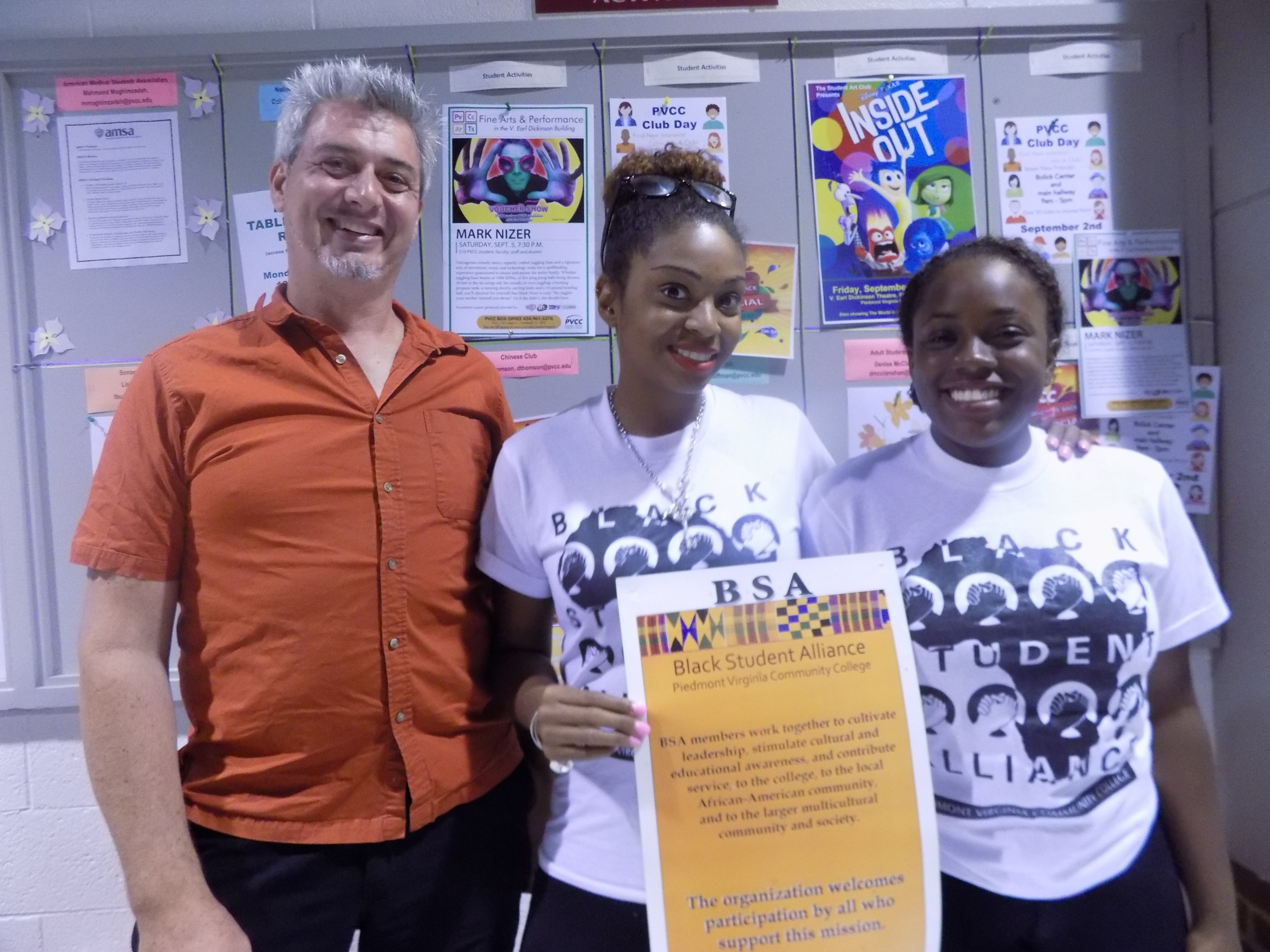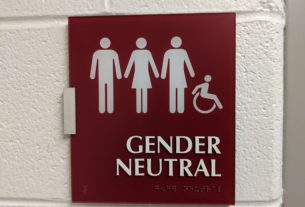
Powerful Literature Makes for Cultured Students
The lessons in African American Literature (ENG 258.40WI) are enlightening, heartbreaking, and necessary to learn. This writing-intensive course is available online and in-person, in 12 and 16-week format. It focuses on literary pieces from the Middle Passage to the Harlem Renaissance. There is also a sequel to this class that explores from the Harlem Renaissance to the present. Associate Professor of English Justin Wert has observed and participated in the evolution of African American literature.
Besides the textbook, there are few novels that students are required to read. They are split up throughout the semester, which makes it easier to integrate them into a student’s schedule. Students will be assigned a research paper where they choose a novel and write about one of the themes within its story. It is important to note that the textbook is in its third edition. This is young for literary textbooks. Wert explained to me that this is because up until the 1980s and 1990s, stand-alone college and university courses covering African American literature did not exist, except for in historically black colleges and universities such as Hampton University or Norfolk State University, etc.
There are technological advantages in taking literary courses in 2022. E-books and audiobooks can be more convenient for students. Professor Wert says, “You have to meet people where they are.” Audiobooks give students more freedom in following the material, but he encourages students to have a hard copy to reference and take notes in. E-books often let you internally annotate depending on the platform being used to gain access. It is important to take into consideration the obstacles students face in an electronic age. While many resources give students the option to download and access the material offline, it’s best to be prepared.
Wert recognizes that slave narratives are the most challenging section of the course for students, and also that they have big takeaways. He explains these stories never get any easier to read, even for him. He finds them important to read because they re-humanize a race of people who were stripped of their identity in a land they struggled to feel at home in. The only way to get people to open their eyes to their truth is through storytelling, and who better to tell the stories than those who lived to tell them?
When discussing the course’s reading material, he said, “It opens a window upon human experience, with each window offering a different experience to see a bigger picture.”







